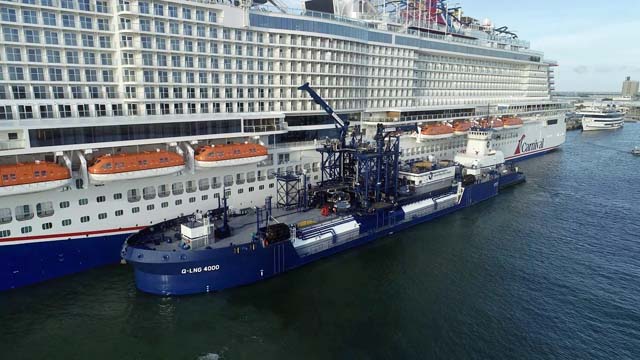The Methane Abatement in Maritime Innovation Initiative (MAMII) reports that it has more than doubled its membership in its first 12 months.
Three new members of its collective of shipping leaders aiming to reduce the environmental implications of methane slip from LNG – widely understood to be an environmentally superior maritime fuel are MiQ, a methane measurement certification company, Japanese shipping company NYK Line, and Malaysian shipping company MISC.
According to MAMII, LNG generates less CO2, and emits less NOx, SOx, and particulate matter, for the same propulsion power as traditional fuels. But the environmental benefits of using LNG are lessened by unburned methane passing through the combustion process (methane slip) and into the atmosphere, where it has a significant warming effect.
Under the guidance of Safetytech Accelerator, MAMII was established in September 2022, and has experienced substantial growth in its inaugural year, from seven initial members to 16 today. In its first year the initiative has produced a methane strategy landscape report for all partners, covering methane regulatory requirements, ‘Well to Tank’ and ‘Tank to Wake’ analysis, and cost benefit analysis. It has examined more than 150 technology companies to create an ecosystem of 27 companies covering methane capture, measurement, and abatement, of which 13 are actively engaged with MAMII partners.
Steve Price, MAMII Programme Director, said: “The accomplishments of MAMII’s first year are testament to the maritime industry’s dedication to reducing its methane footprint. There is technology available today that can monitor and mitigate methane leaks onboard an LNG fuelled ship. Now, a common standard is critical to enable a unified approach to quantifying, capturing, and eradicating methane. With the right technology and the right monitoring of well to tank, the benefits of LNG over fuel oil can continue to be reaped, while the industry develops the infrastructure required for alternative fuels such as Ammonia and Hydrogen.”
MAMII is due to release a comprehensive progress report in January 2024, which will pinpoint further actionable steps for the industry to tackle the methane challenge.



